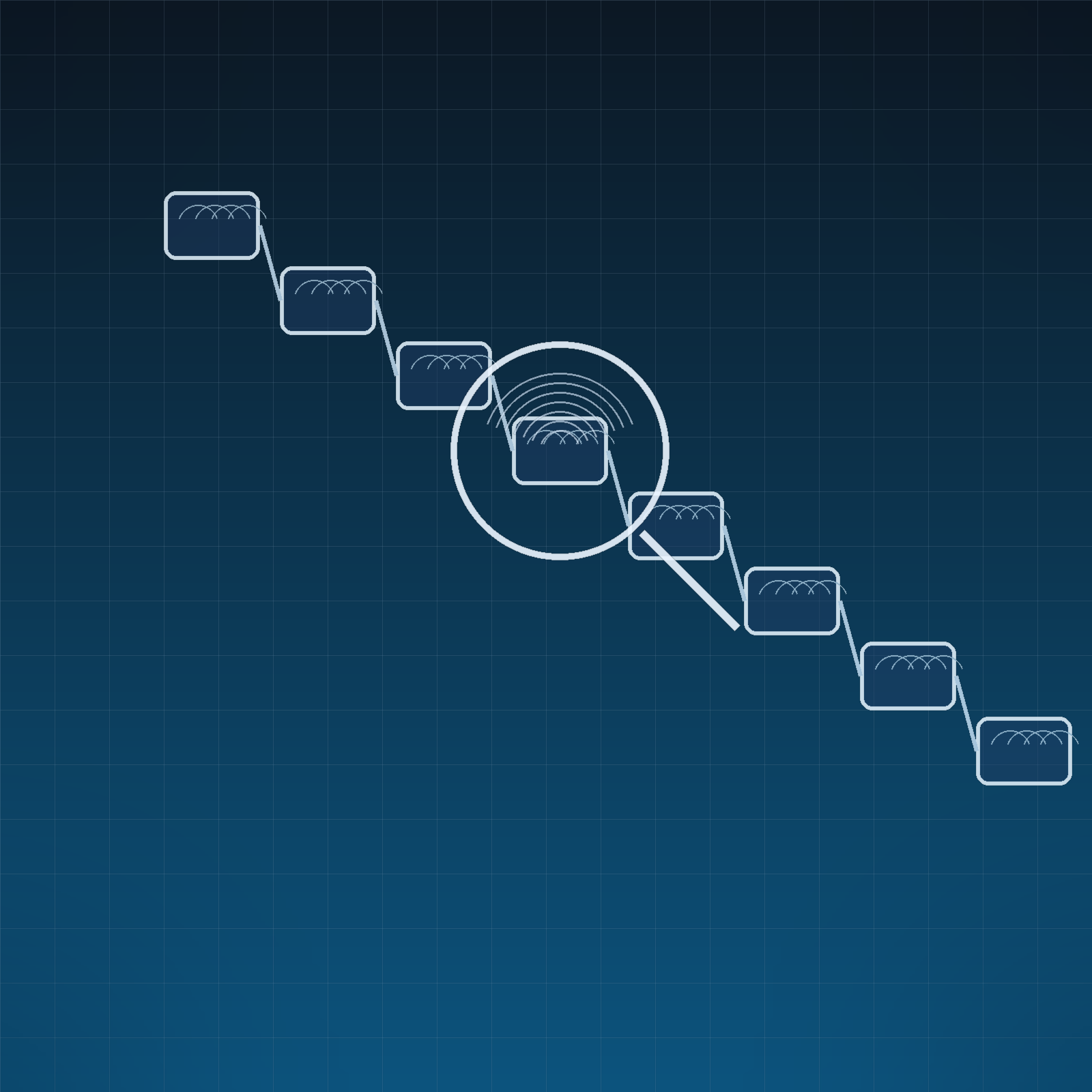No products in the cart.
Influencers, advertising and the state media services
I have already reported often enough about influencers and streamers and the currently very hotly disputed obligation to mark advertising...
Read moreDetailsBrief overview: The “Digital Decade 2030 Policy Program” bundles four goals (skills, infrastructures, economy, public services) and links them with binding roadmaps and monitoring. The data law core is crucial for companies: the Data Act, Data Governance Act and the new European identity (eID wallet) will set concrete project and contractual requirements in 2025.
Decision (EU) 2022/2481 establishes targets for 2030 and a governance mechanism with an annual progress report and national roadmaps. Central targets: Cloud/big data/AI use in companies, high-performance networks, digital public services and a digital identity that can be used throughout Europe. In practice, this means accelerated digitalization projects in companies and administration, flanked by data access and interoperability rules.
From September 2025, the Data Act (Regulation (EU) 2023/2854) will widely regulate access to usage data of connected products and services (B2C/B2B), data portability also for non-personal data, interoperability of data processing services and collision protection when switching to the cloud. Manufacturers and providers of networked products should adapt their contract and technology design as early as 2025: Data categories, recipients, formats, APIs, SLAs, exit clauses, migration deadlines and fee models.
The Data Governance Act (Regulation (EU) 2022/868) has been in force since September 2023. Its core elements are data intermediation services with neutrality requirements, data altruism and common European data spaces. New data submarkets are emerging for sectors such as healthcare, mobility, energy and finance – with opportunities for data-based products, but also compliance obligations (transparency, purpose limitation, data security).
Regulation (EU) 2024/1183 introduces the European Digital Identity (EUDI wallet). Member States must provide wallets once the technical implementing act has been adopted; from 2025/26, companies can expect broad integration in onboarding, proof of age/identity, qualified electronic signatures and seals, proof of diploma/license or KYC processes. In practical terms, this means: recognition and integration of the wallet in accounts, workflows and contracts, including proof and signature clauses, mapping to Art. 25 of the eIDAS regime and technical relying party certifications.
Conclusion: The Digital Decade is not a political buzzword, but a binding implementation framework. Those who align contracts, product architecture and compliance with the Data Act, DGA and eIDAS 2 in 2025 will secure market access, interoperability and evidentiary advantages – and reduce subsequent conversion costs.
Marian Härtel ist Rechtsanwalt und Fachanwalt für IT-Recht mit einer über 25-jährigen Erfahrung als Unternehmer und Berater in den Bereichen Games, E-Sport, Blockchain, SaaS und Künstliche Intelligenz. Seine Beratungsschwerpunkte umfassen neben dem IT-Recht insbesondere das Urheberrecht, Medienrecht sowie Wettbewerbsrecht. Er betreut schwerpunktmäßig Start-ups, Agenturen und Influencer, die er in strategischen Fragen, komplexen Vertragsangelegenheiten sowie bei Investitionsprojekten begleitet. Dabei zeichnet sich seine Beratung durch einen interdisziplinären Ansatz aus, der juristische Expertise und langjährige unternehmerische Erfahrung miteinander verbindet. Ziel seiner Tätigkeit ist stets, Mandanten praxisorientierte Lösungen anzubieten und rechtlich fundierte Unterstützung bei der Umsetzung innovativer Geschäftsmodelle zu gewährleisten.
I have already reported often enough about influencers and streamers and the currently very hotly disputed obligation to mark advertising...
Read moreDetailsThe 13th Civil Senate of the Higher Regional Court of Oldenburg has in an urgent procedure obliged Facebook to reinstate...
Read moreDetailsAs 2023 draws to a close, it has been a year full of exciting developments and challenges, particularly in the...
Read moreDetailsI recently had the opportunity to attend a fascinating lecture on the legal and ethical aspects of Artificial Intelligence (AI)....
Read moreDetailsIn the last few months, I have had to deal several times with the question of whether a team/organization is...
Read moreDetailsCan a gambler reclaim her losses suffered in an online casino from 2015 to 2020 from its operator? This question...
Read moreDetailsAn internet booking portal may oblige hotel operators not to offer hotel rooms on their own website at a lower...
Read moreDetailsThe problem Often enough, I have preached to clients and also here on the blog that one should not underestimate...
Read moreDetailsAlmost unnoticed, the Bavarian State Agency for New Media published a new version of the joint youth protection guidelines (JuSchRiL)...
Read moreDetailsPrivate accounts on ChatGPT & Co. for corporate purposes are a gateway to data protection breaches, leaks of secrets and...
Read moreDetailsThis episode of the ITmedialaw.com podcast is all about the importance of legal advice for startups. Host Marian Härtel talks...
Read moreDetailsIn this video, I talk a bit about transparent billing and how I communicate what it costs to work with...
Read moreDetails

















